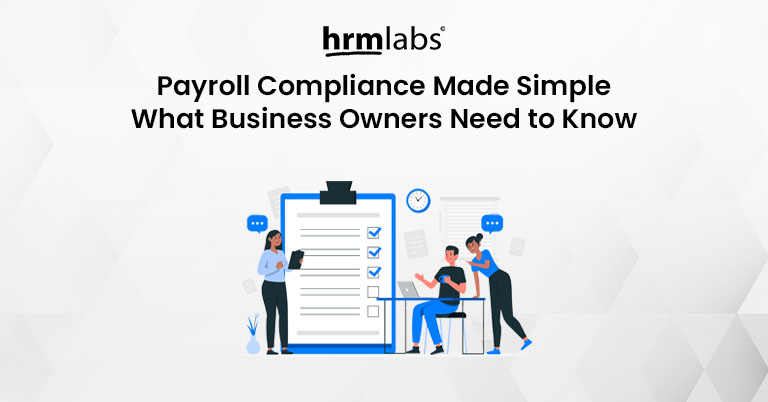Payroll, while often overlooked, is a critical aspect of running a business in Singapore. Ensuring payroll compliance with the country’s complex labor laws and regulations is essential to avoid hefty penalties and maintain a positive employer reputation.
Let’s break down the key elements of payroll compliance and offer practical tips for you, young business owners.
Understanding the Payroll Landscape
Singapore’s business environment is dynamic, and so are its payroll regulations. Key components to consider include:
- Central Provident Fund (CPF): This mandatory social security scheme requires employers to contribute a portion of employees’ salaries to their CPF accounts. Staying updated with CPF contribution rates and deadlines is crucial.
- Income Tax: While Singapore doesn’t have a personal income tax, employers are responsible for deducting and remitting income tax for foreign employees.
- Employment Act: This legislation outlines employment rights, including minimum wages, overtime pay, annual leave, and sick leave. Understanding these provisions is vital for compliance.
- Foreign Worker Levy (FWL): If your business employs foreign workers, you’ll need to comply with FWL regulations, which vary based on industry and worker category.
- Skills Development Levy (SDL): Applicable to Singaporean employees, SDL funds training and development initiatives.
Common Payroll Compliance Challenges
Navigating payroll compliance in Singapore can be complex, especially for young business owners who may be unfamiliar with the regulations. Some common challenges include:
- Keeping Up with Regulatory Changes
Payroll regulations in Singapore can change frequently, with updates to CPF rates, tax laws, and other statutory requirements. Staying up-to-date with these changes and implementing them in payroll calculations can be challenging without the right resources. - Managing Payroll for Diverse Workforce
Singapore’s workforce includes full-time, part-time, and freelance workers, each with different payroll requirements. Managing payroll for a diverse workforce requires a clear understanding of the different rules and ensuring that all employees are compensated correctly. - Ensuring Accuracy in Payroll Calculations
Accurate payroll calculations are essential for compliance. Errors in calculating CPF contributions, tax deductions, or overtime pay can lead to non-compliance, resulting in fines or legal action. For young business owners, ensuring accuracy can be daunting without the right tools or expertise. - Timely Payroll Processing
Timely payment of salaries, CPF contributions, and other statutory contributions is a key aspect of payroll compliance. Late payments can result in penalties and damage the company’s reputation. Ensuring that payroll is processed on time, even during busy periods or public holidays, is critical.
Tips for Payroll Compliance
To navigate payroll compliance effectively, young business owners in Singapore should consider the following these tips:
- Leverage Payroll Software: Utilize payroll software to automate calculations, reduce errors, and streamline processes.
- Stay Updated: Regularly review labor laws and regulations to stay informed about changes.
- Maintain Accurate Records: Keep detailed records of employee information, salaries, deductions, and CPF contributions.
- Seek Professional Advice: Consider consulting with an HR or payroll specialist for complex payroll matters.
- Employee Communication: Clearly communicate payroll policies and procedures to employees.
The Role of Technology
Technology plays a pivotal role in modern payroll management. Payroll software can help automate calculations, generate payslips, and handle CPF and tax submissions. Some systems even offer features like employee self-service portals, which can improve efficiency and transparency.
Outsourcing Payroll: A Viable Option
For small businesses, outsourcing payroll can be a cost-effective solution. Payroll service providers specialize in compliance and can handle the complexities of payroll processing.
Conclusion
Navigating payroll compliance in Singapore is a complex but essential aspect of running a successful business. For young business owners, staying informed about payroll regulations, leveraging technology, and implementing best practices can make the process more manageable. HRMLabs offers comprehensive payroll solutions tailored to the unique needs of Singaporean businesses, helping you stay compliant and focused on growing your business.



